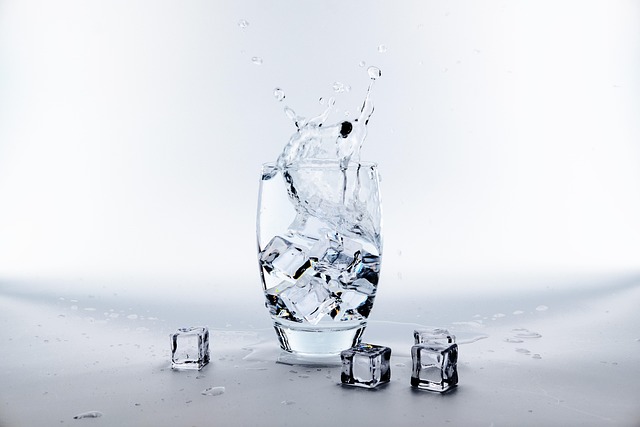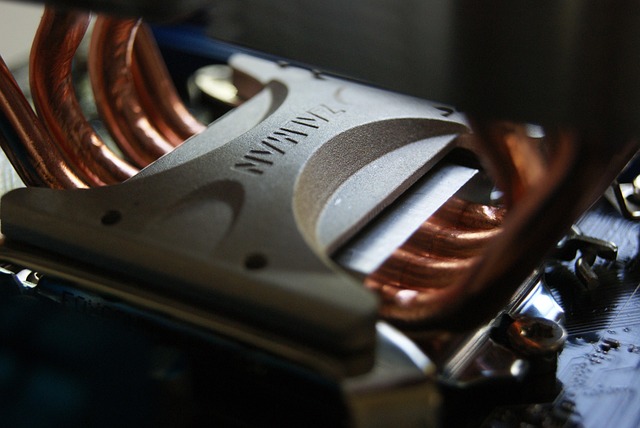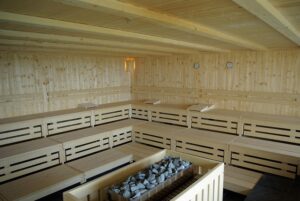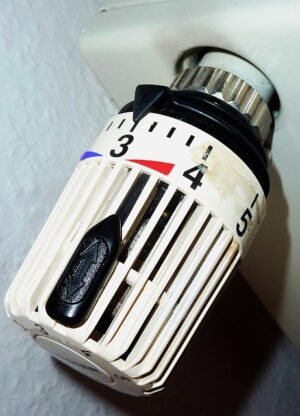Instant water heaters, despite efficiency in hot water delivery, face corrosion and scale buildup due to water-metallic interactions and mineral content. Stainless steel construction and energy-efficient models combat these issues. Regular cleaning and water quality monitoring are crucial for maintenance. Modern designs incorporate tankless heating, corrosion-resistant materials, and scaled-reduction technology for improved durability and reduced energy wastage, ensuring continuous hot water with extended lifespans.
In the realm of modern conveniences, stainless-steel instant water heaters have become indispensable. However, their longevity and efficiency face challenges from corrosion and scale buildup. This article delves into these issues, exploring the science behind them. We uncover how stainless steel plays a pivotal role in prevention, discuss essential maintenance strategies, and highlight advanced technologies designed to enhance durability and energy performance. By understanding these aspects, folks can ensure their instant water heaters remain vibrant and efficient for years to come.
- Understanding Corrosion and Scale Buildup in Instant Water Heaters
- Material Science: The Role of Stainless Steel in Prevention
- Maintenance Strategies to Preserve Performance
- Advanced Technologies for Longevity and Efficiency
Understanding Corrosion and Scale Buildup in Instant Water Heaters

Understanding Corrosion and Scale Buildup in Instant Water Heaters
Instant water heaters, also known as tankless or on-demand hot water systems, offer continuous water heating without the need for storage tanks. However, they’re not immune to issues like corrosion and scale buildup. These problems can stem from various factors, including the interaction of water with metallic surfaces and mineral content in the water supply. Over time, these processes lead to the formation of rust and calcium deposits, which not only reduce the efficiency of the heater but also pose potential safety hazards.
Scale buildup, a common concern for instant hot water systems, is particularly pronounced in areas with hard water. Minerals like calcium and magnesium, present in hard water, can accumulate on heating elements and inside pipes, leading to reduced flow rates and increased energy consumption. Maintaining optimal water quality and regular cleaning are crucial strategies to mitigate these issues. Moreover, selecting energy-efficient models designed for point-of-use heaters or whole house systems can help extend the lifespan of your instant water heater by minimizing corrosion and scale buildup.
Material Science: The Role of Stainless Steel in Prevention

Stainless steel plays a pivotal role in the design of modern instant water heaters, offering a robust solution for resisting corrosion and scale buildup. Its superior material science properties make it an ideal choice for this application. The alloy’s ability to withstand harsh chemical reactions and its inherent resistance to rust and oxidation are crucial in maintaining the heater’s efficiency over time.
Unlike traditional tank-based systems, tankless water heaters, or on-demand hot water systems, eliminate the need for constant heating, reducing energy wastage. This continuous water heating process can be facilitated by space-saving heaters like electric instant heaters or gas instant heaters, which provide point-of-use hot water solutions. The efficient design and material choices, including stainless steel, contribute to energy-efficient heating, making them a popular choice for eco-conscious consumers.
Maintenance Strategies to Preserve Performance

Proper maintenance is key to keeping your stainless-steel instant water heater in top condition and ensuring it remains corrosion-resistant and free from scale buildup. Regular cleaning is essential, especially if there’s a history of hard water or mineral deposits in your area. Use a soft brush and mild detergent to scrub the exterior and interior of the heater, focusing on the heating element and any visible sediment buildup. Rinse thoroughly with clean water after each cleaning session.
Additionally, monitoring the water quality is vital for long-term performance. Consider installing a water conditioner or filter to reduce mineral content and prevent scale formation. For tankless water heating systems like electric or gas instant heaters, periodic inspection of the burners or elements is recommended. This proactive approach ensures optimal performance and longevity of your whole house systems, including space-saving heaters known for their energy-efficient heating capabilities.
Advanced Technologies for Longevity and Efficiency

The advancement of technology in instant water heaters has led to significant improvements in their longevity and efficiency. Modern designs now incorporate innovative features to combat two primary issues associated with traditional heating systems: corrosion and scale buildup. For instance, tankless water heating systems, also known as on-demand hot water heaters, offer continuous water heating without the need for a storage tank. This design eliminates standing water, which is a breeding ground for bacteria and contributes to scale accumulation. By only heating water when it’s needed, these systems reduce energy consumption and provide space-saving heaters suitable for various applications.
Moreover, electric and gas instant heaters now come with advanced corrosion-resistant materials and scaled-reduction technology. Point of use heaters, designed for specific fixtures or appliances, ensure efficient energy utilization. Whole house systems, though more comprehensive, also benefit from these advancements, promoting longer lifespan and reduced maintenance requirements. This focus on technological innovation ensures that today’s instant water heater options not only provide convenient, continuous hot water but also maintain optimal performance over time.
Instant water heaters, renowned for their convenience, face challenges from corrosion and scale buildup. Understanding these issues is key to optimal performance. Stainless steel, with its exceptional resistance to both elements, emerges as a leading material choice. Regular maintenance, including fluid changes and descaling, further enhances longevity. Additionally, advanced technologies like self-cleaning mechanisms and improved insulation contribute to efficient, lasting operation of instant water heaters. By combining robust materials, meticulous care, and innovative design, modern instant water heaters offer reliable access to hot water for years to come.






